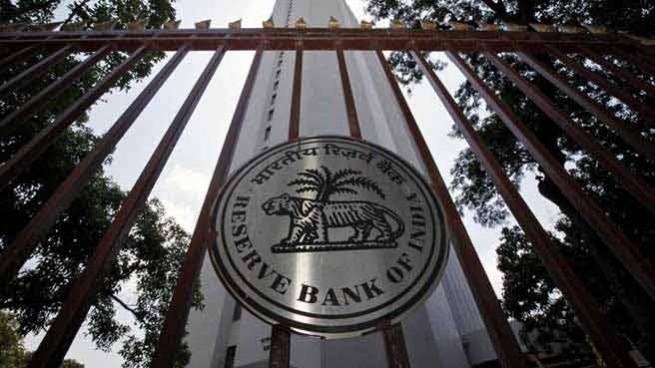
Recently, the former Reserve Bank of India Governor D Subbarao said the government's attempt to squeeze out RBI reserves is a sign that it is desperate. This "desperation" could well be killing the animal spirit of the financial markets.
Of late the financial markets have borne the brunt of multiple taxes amid an acute slowdown, which has almost killed the investors' risk-taking appetite. The controversial tax-surcharge on super-rich proposed in the Budget caused an outflow of Rs 12,419 crore in the month of July.
According to the NSDL data, this July outflow is one of the worst in the history of Indian financial markets. There has been only four occasions -- all of which came around acute financial distress -- when the Foreign Portfolio Investors (FPIs) pulled out in excess Rs 12,419 crore.
Taxation on long-term capital gains (LTCG) proposed in 2018 Budget, was re-introduced after 14 years which caught the markets by surprise.
Besides, the securities transaction tax (STT) has already caused an increase in trading cost. The Dividend Distribution Tax has also disrupted hampered the sentiments of investors at large.
Further, the tax on buyback, a way in which companies pay their shareholders, was introduced at 20 per cent in 2019 Budget, which experts noted, played as another disruption. Buyback offers of over Rs 50,000 crore were announced in the year 2018 alone.
The logic of enforcing more taxes amid a slowing economy is beyond logic of several experts.
To top the local issues the global cues have not been providing any support. The Fed's hawkish remark and the heightened trade war between the US and China have roiled the financial markets globally.















